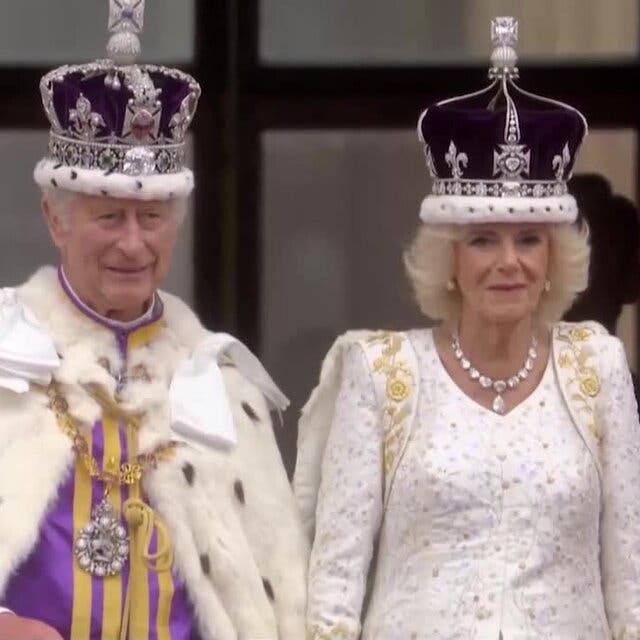As King Charles III takes the throne, debates about the future of the British monarchy are heating up.
Many people are beginning to question whether a hereditary monarchy still holds relevance in today’s society.
The royal family’s internal issues have become glaringly obvious, prompting a growing number of voices advocating for its abolition.
Recent surveys reveal a notable shift in public sentiment regarding the monarchy.
While around 62% of Britons still express support for the institution, a striking 22%—which translates to over 10 million adults—are now in favor of establishing an elected head of state.
This burgeoning Republican movement is largely driven by the belief that the monarchy fails to resonate with modern values and struggles to represent the rich diversity of contemporary Britain.
The royal family has faced numerous high-profile controversies that have only intensified scrutiny of its role.
Scandals involving Prince Andrew and the fallout from Prince Harry and Meghan Markle’s exit have significantly damaged the royal image.
These incidents raise pressing questions about King Charles’s ability to effectively steer the monarchy through turbulent waters.
Critics have begun to argue that Charles’s reign lacks clarity and direction, suggesting that he has struggled to adapt to the evolving societal landscape.
With changing attitudes towards governance and representation, many feel that the monarchy is simply out of touch with the needs and expectations of the public.
Advocates for a republican system assert that the monarchy perpetuates an outdated system of hereditary privilege that contradicts democratic principles.
They argue that modern democracy should not be led by individuals who gain power solely based on their family lineage.
In a world striving for equality, this perspective is gaining traction.
Financial considerations also play a significant role in the ongoing debate.
Critics highlight the substantial costs associated with maintaining the royal family, especially when juxtaposed with claims that they generate considerable revenue through tourism.
